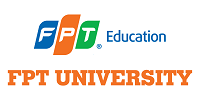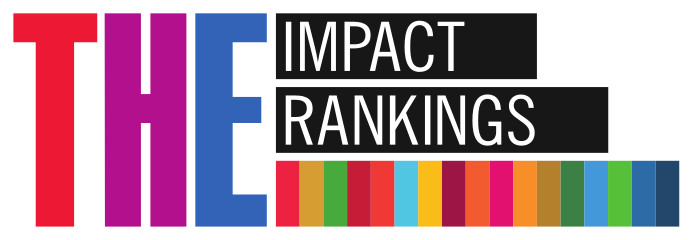From discarded corn husks in the fields of the Mekong Delta, a group of Digital Marketing students from FPT University Can Tho campus turned them into handbags, notebooks, and dozens of creative products.
The startup project “Nghe truyen thong – Gia tri moi” by the BALABIN team not only produces unique handmade items but also spreads the spirit of circular economy, protects the environment, and creates jobs for rural women.
Starting from their hometown
The idea came from the reality in the Mekong Delta, where tons of corn husks are thrown away or burned after each harvest, wasting resources and polluting the environment. Students Dang Thi Tuyet Nghi, Pham Thi Quynh Nhu, Phan Hong Khuyen, Tran Thi Minh Thu and Le Huu Thang saw opportunities in these “leftovers.” By combining with traditional local weaving, BALABIN members wanted to create valuable products, reduce waste, and raise community awareness about circular economy and environmental protection.
The project follows a “green value” closed-loop model: using agricultural waste as raw material, applying eco-friendly processes, producing biodegradable goods, and promoting sustainable lifestyles. What makes it stand out is the use of corn husks – a rare material in handicrafts – blended with youthful, modern designs while retaining rustic, traditional charm.
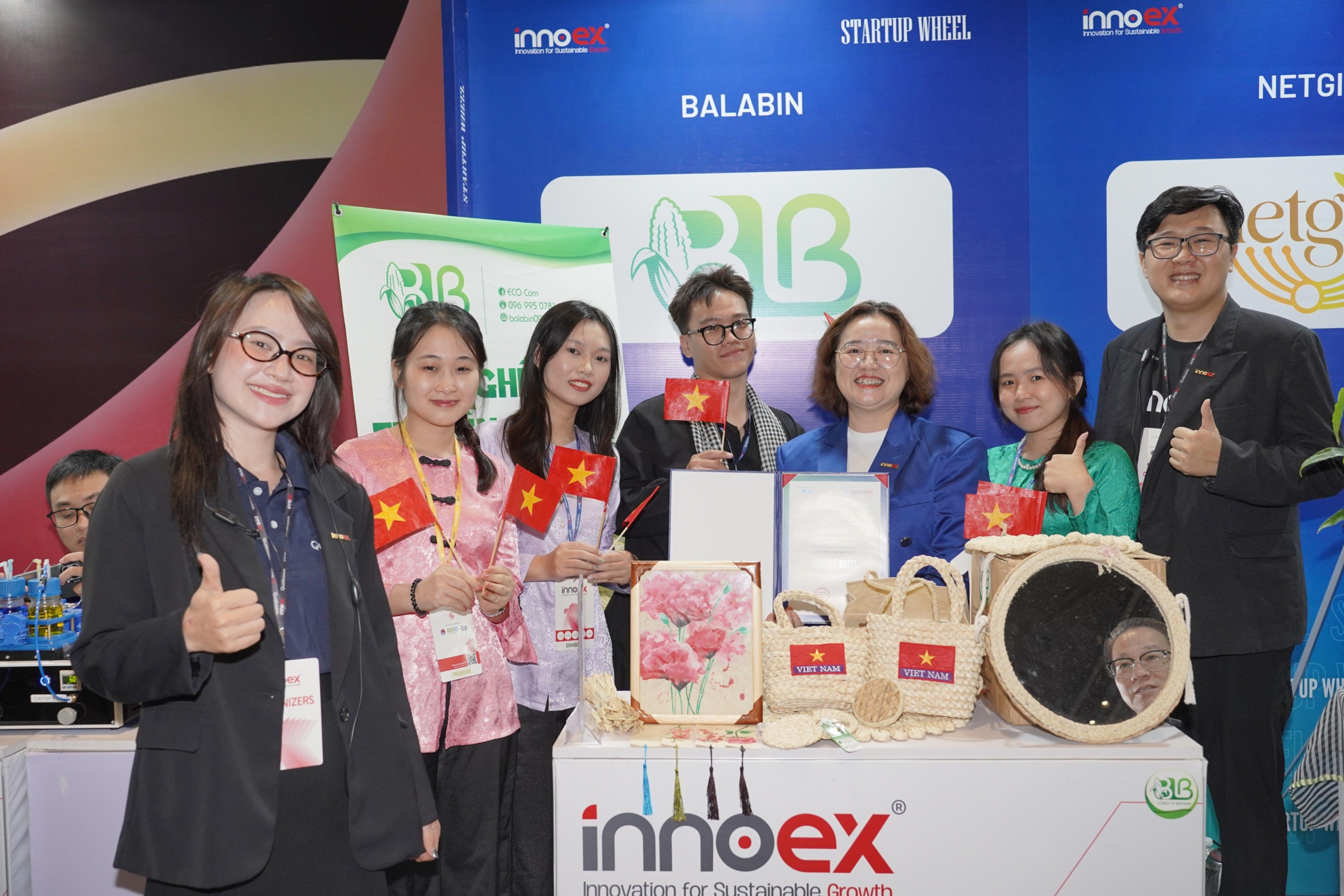
Through four steps – collecting, processing, designing, and completing – corn husks are “revived” into unique items. The husks are purchased from local farmers or wholesalers after harvest, selected for quality, then cleaned, treated, and processed. Depending on the product line, husks are molded, glued, or woven with other materials such as water hyacinth and rush. For handmade paper, husks are ground into pulp, molded, then dried naturally or by machine. The final step is finishing and packaging.
So far, the team has developed 14 products already launched and over 30 in progress. The range includes fashion handbags, beach bags, crossbody bags, as well as home décor such as coasters, vase mats, handheld mirrors, and wall mirrors. Leftover husks are also turned into handmade paper, notebooks, and cards.
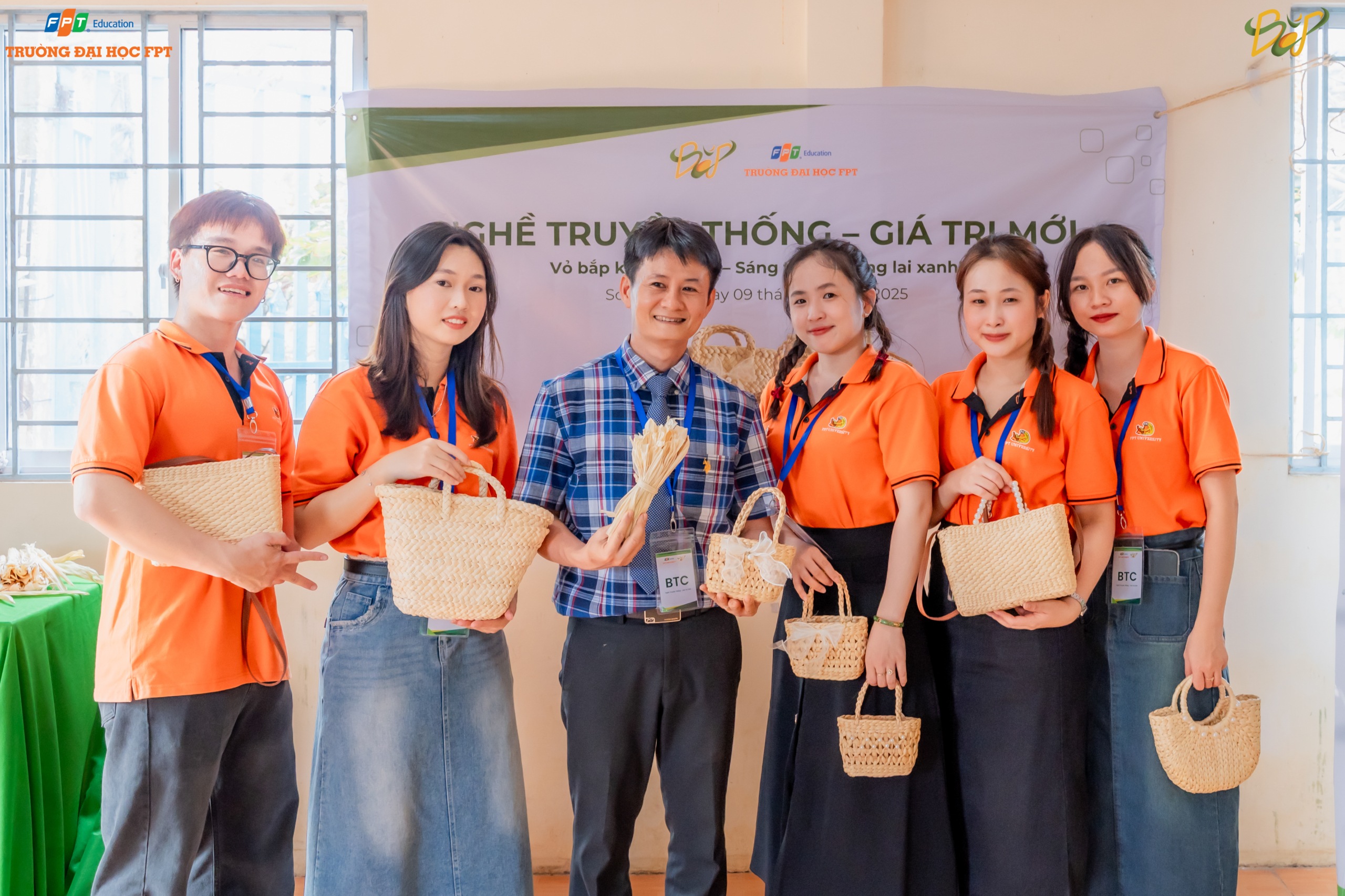
Tran Thi Minh Thu, a team member, said: “Customers have responded very positively. They are surprised that corn husks, often seen as agricultural waste, can be transformed into practical and aesthetic products like bags, paper, or decorative items.” What makes the products attractive is their uniqueness, novelty, and rustic handmade quality close to nature.
Sweet fruits of effort
Beyond the idea stage, the team has commercialized products both online (via fanpage, TikTok) and offline (fairs, startup exhibitions, booths at Binh Thuy ancient house). Customers include sustainable fashion enthusiasts, women who appreciate unique crafts, and businesses seeking meaningful gifts.
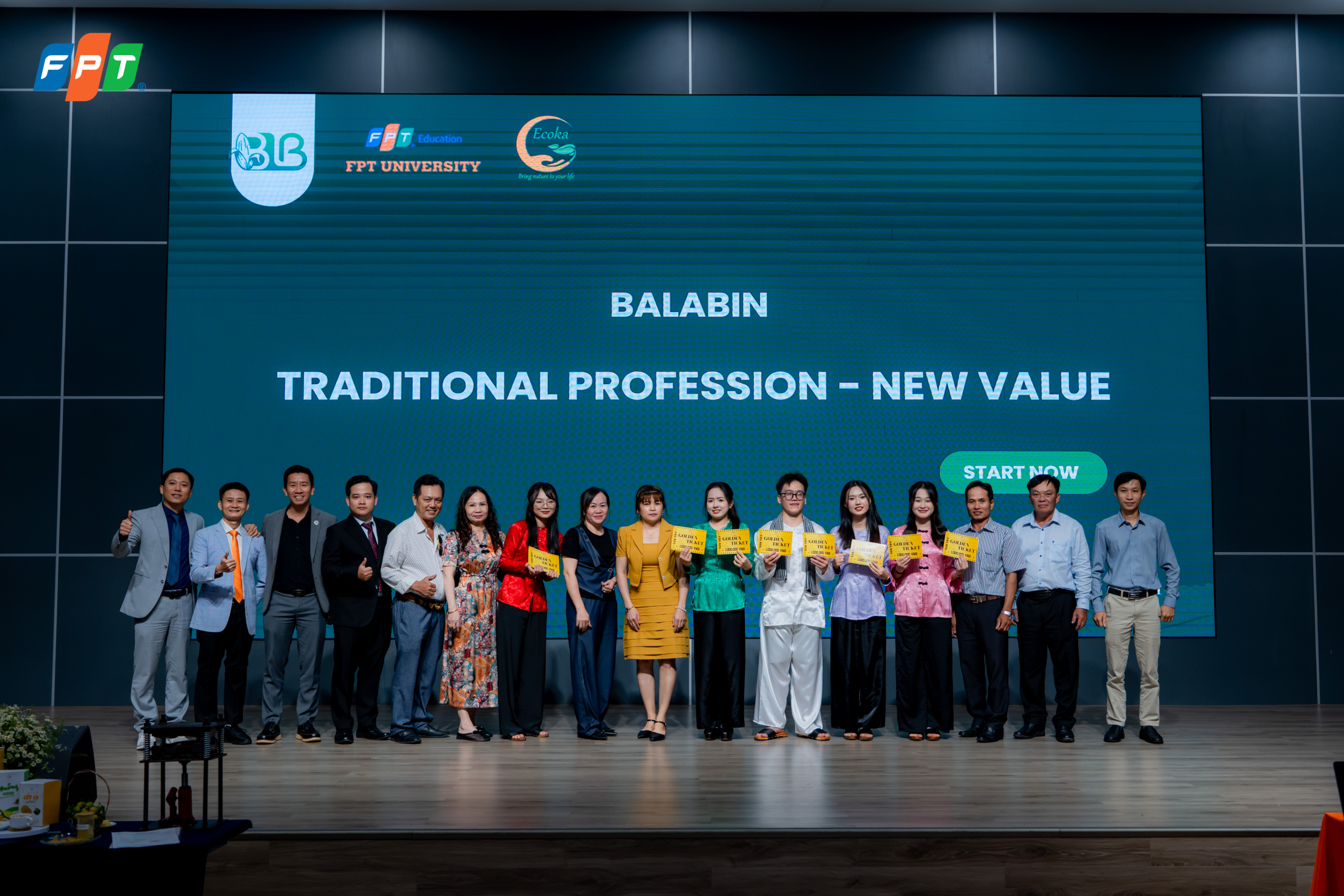
In a short time, the project has gained remarkable achievements, proving the vitality of a student startup model. The team connected with businesses such as Ecoka, Art House at Binh Thuy ancient house, cooperated with 10 households and the Hoa Tho women’s union to source raw materials, while organizing community events and workshops for FPTU Can Tho students. Their products have been showcased not only at Binh Thuy ancient house but also on major media outlets including Thanh Nien, Nguoi Lao Dong, Kinh te & Do thi, Cong an Nhan dan, Can Tho TV, and even the Cafe sang show on VTV3. Notably, they sold more than 900 products and entered the Top 10 of Startup Wheel 2025 – Vietnam Youth Startup, an international competition with over 2,000 projects from 28 countries. They also received orders and collaboration invitations at INNOEX 2025. With over 220,000 views on their fanpage, an AI-powered chatbot website, QR code integration, and AI video ads, the project continues to prove its creativity and adaptability. The team successfully secured 50 million VND in funding from FPT University Can Tho and ranked in the Top 30 of inter-disciplinary capstone reports EXE101, EXE201.
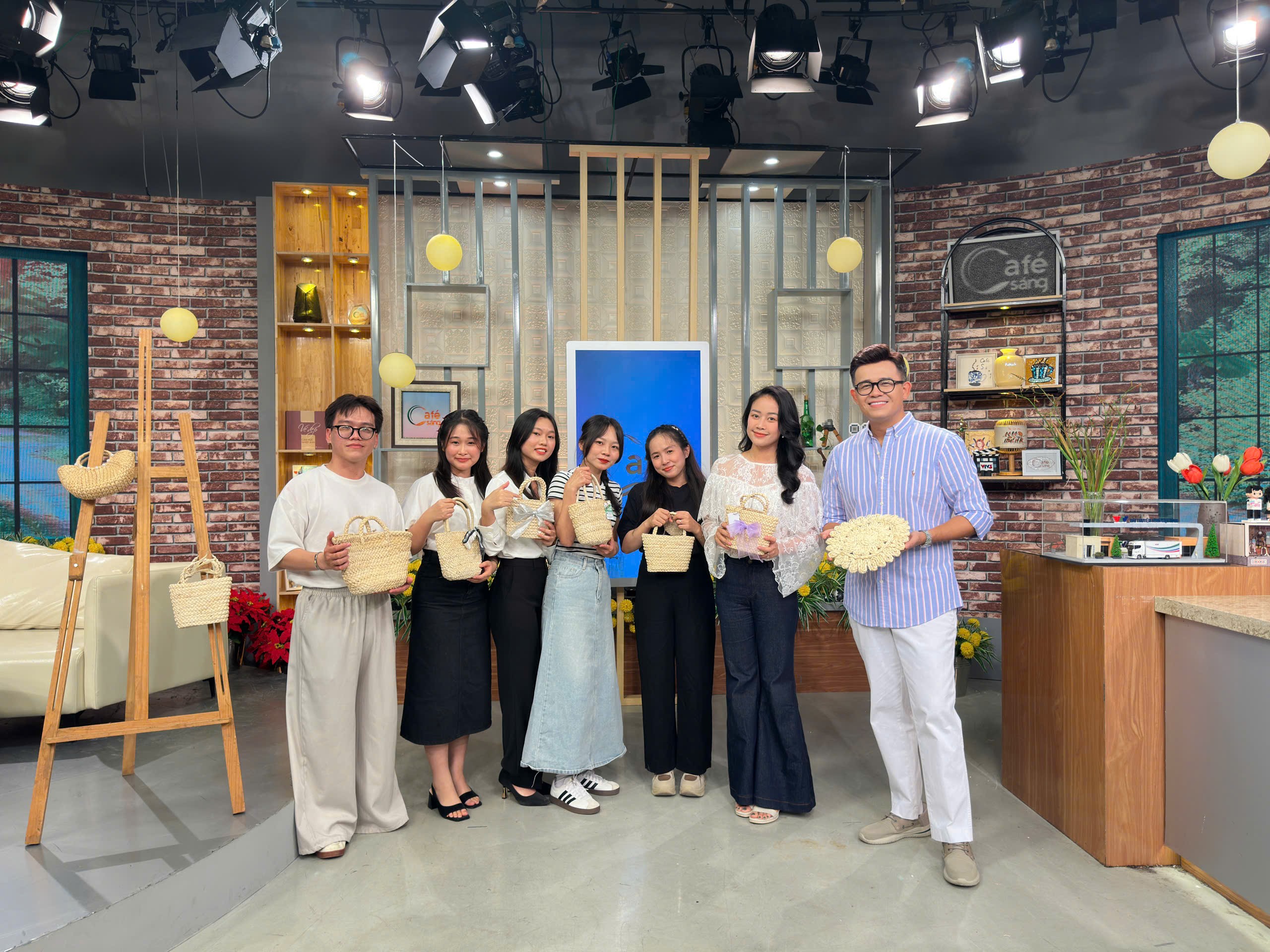
According to the team, the university’s support has been a key factor. Mentors Vo Thien An (Lecturer in Entrepreneurship) and Quang Chan Chan (Ecoka) guided them from refining ideas to building business plans and elevating product quality. The 50 million VND “startup scholarship” from the university provided essential resources to turn ideas into reality.
The creative and entrepreneurial environment at FPTU is the “catalyst” that empowers teams like BALABIN to dare to think and act. The group said that the spirit of “Innovation” and “Entrepreneurship” is encouraged throughout their learning journey at the university, motivating students to generate new ideas, experiment, and embrace failure. Competitions, workshops, and practical programs have become launchpads for student startups to reach further. Looking ahead, BALABIN plans to expand its product portfolio, apply more technology to boost productivity, and grow distribution through e-commerce platforms and nationwide partnerships.
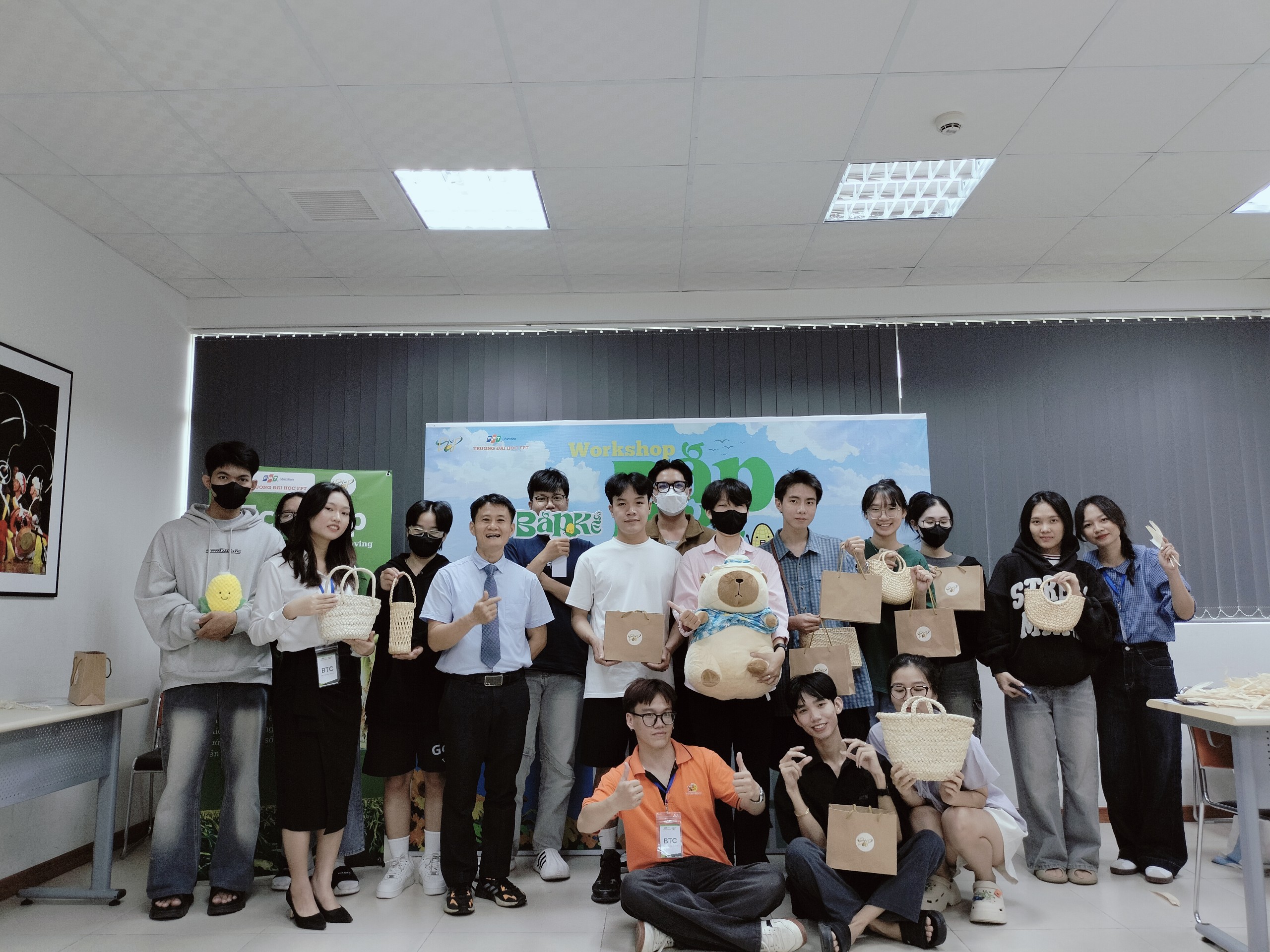
Through their journey, BALABIN members want to send a meaningful message to young aspiring entrepreneurs: “Starting up doesn’t need to begin with something grand. From your hometown, from small things, with perseverance and creativity, we can turn waste into resources, challenges into opportunities, and contribute to changing the community.”
